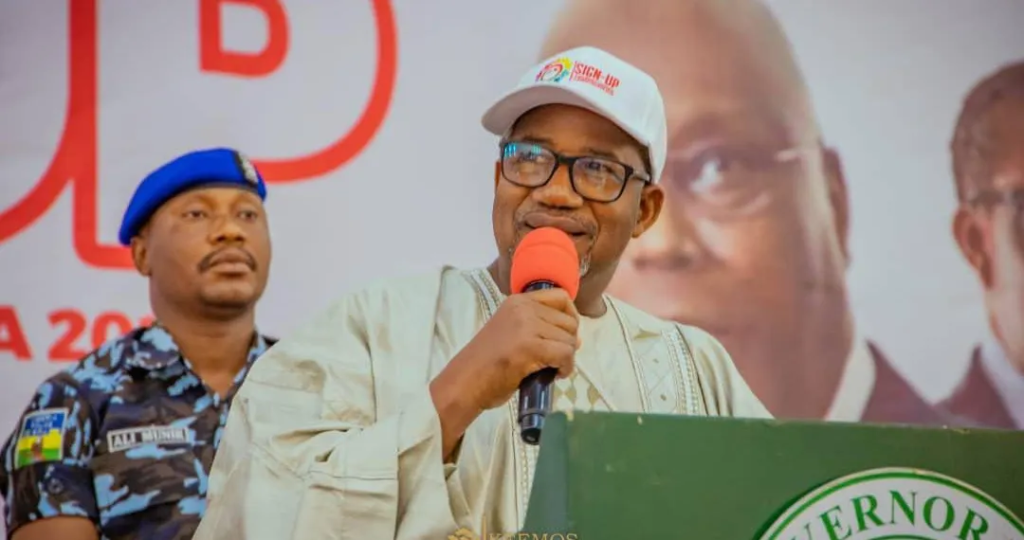Bauchi State Governor, Bala Mohammed, has raised concerns over the failure of state governments to benefit from the improved revenue generated by Nigeria’s oil sector.
Despite the rise in oil revenue, the governor claims that funds are not being properly credited to the Federation Account for distribution among the three tiers of government.
The governor, who also serves as the Chairman of the People’s Democratic Party (PDP) Governors Forum, made these comments during a visit by the Minister of Finance and Coordinating Minister of the Economy, Wale Edun, ahead of the 2024 Conference for the National Council on Finance and Economic Development held in Bauchi State.
He urged the Federal Government to provide a clear explanation to the public about why oil revenues have not been adequately remitted for distribution, as mandated by law.
“It’s a miracle that we are one of the biggest oil-producing nations, but we have not benefited for some time since you came on board,” Mohammed said.
“You have to explain that this is what you are going through. That is inclusion. And if you don’t say it, nobody will know. But some of us know. We call this leadership and responsibility.”
He emphasised the importance of ensuring that the country’s oil and gas sector not only produces but also contributes significantly to the national Treasury for equitable sharing among federal, state, and local governments.
“You must provide financial services to us at the subnational level. Financial services that will help us enhance our productivity,” he added.
Governor Mohammed’s remarks come amid ongoing concerns over the state of revenue generation and distribution, particularly in the oil sector.
The Nigerian National Petroleum Corporation Limited (NNPCL), the country’s key revenue-generating agency, has faced challenges in remitting funds to the Federation Account, especially during the period when fuel subsidies were in place.
In recent years, NNPCL struggled to contribute to the Federation Account, with no remittances made in 2022. This was largely due to the massive subsidies on Premium Motor Spirit (PMS), which drained much of the oil revenue.
However, following the removal of fuel subsidies, the NNPCL has been able to start remitting funds again, contributing N4.5 trillion between January and September 2023.
Despite this, Governor Mohammed expressed frustration that the expected improvements in disbursement have not yet been felt at the state level. He urged the Federal Government to ensure more transparency in the process, as stakeholders anticipated better distribution after subsidy removal and the deregulation of the sector, which led to an increase in petrol prices.
In response to the governor’s remarks, the ruling All Progressives Congress (APC) criticised PDP governors, including Mohammed, for making claims without providing concrete evidence. Nze Chidi Duru, Deputy National Organizing Secretary of the APC, urged the Bauchi governor to offer specific details to substantiate his claims.
“Senator Mohammed must put down those evidence on the table for further elaboration. It is only at that point that we can then, as a political party, venture to take on the issues in a very objective manner,” Duru stated.
He also emphasised that under the current administration, the distribution of revenue has improved significantly, benefiting states and local governments more than ever before.
Duru noted that state governments should focus on identifying and addressing any inefficiencies in the system to ensure that all funds are properly accounted for and used effectively.
The debate highlights ongoing tensions between the federal government and state leaders regarding the management and allocation of Nigeria’s oil wealth, with both sides calling for greater transparency and accountability in the system.



